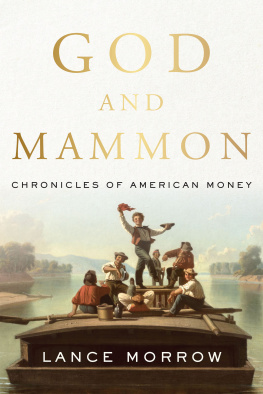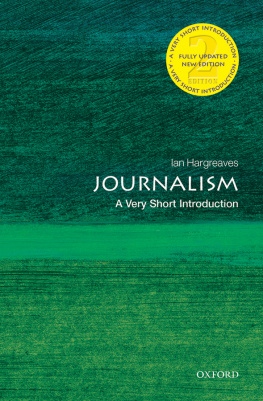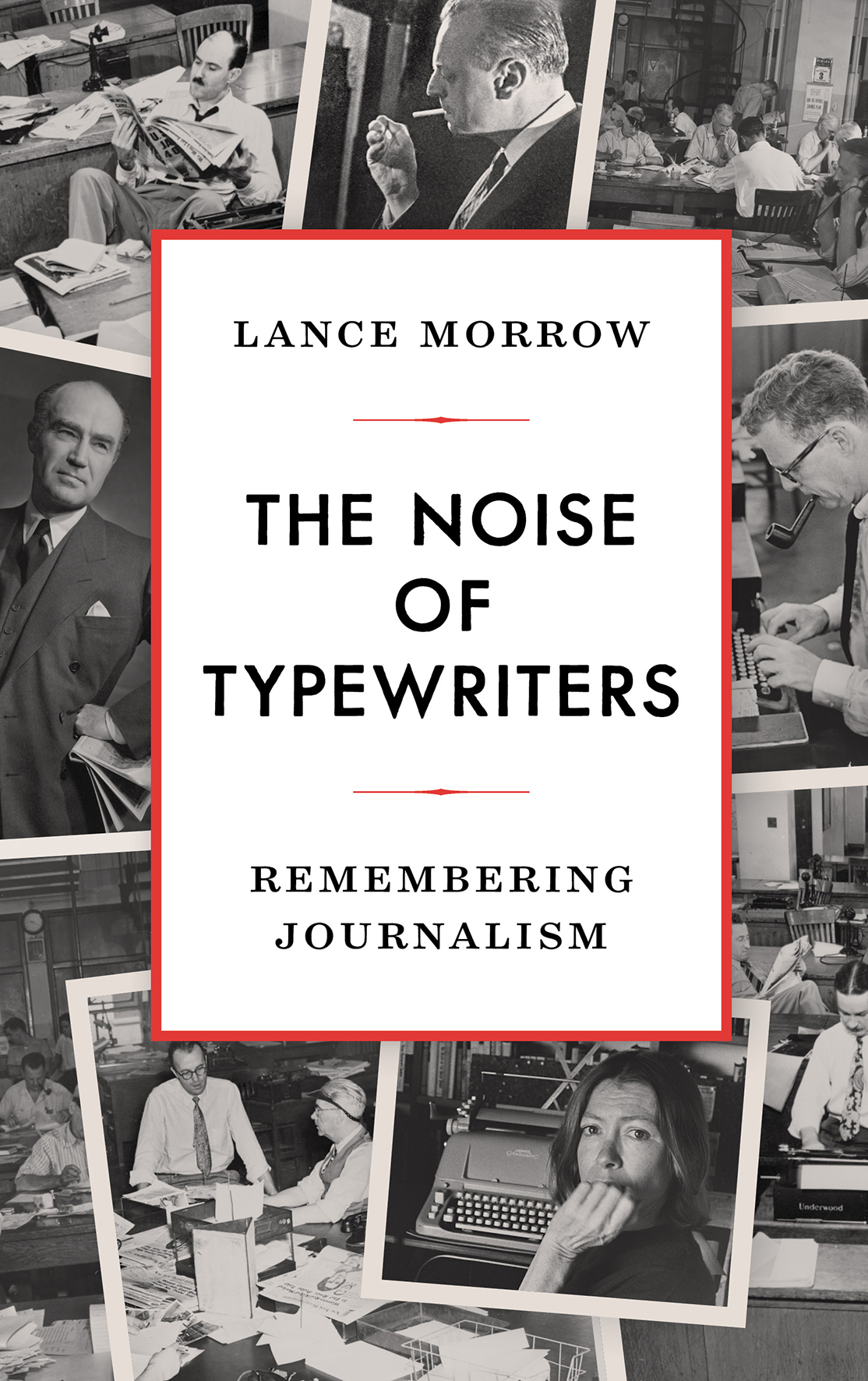Lance Morrow - The Noise of Typewriters: Remembering Journalism
Here you can read online Lance Morrow - The Noise of Typewriters: Remembering Journalism full text of the book (entire story) in english for free. Download pdf and epub, get meaning, cover and reviews about this ebook. City: New York, year: 2023, publisher: Encounter Books, genre: Art / Science. Description of the work, (preface) as well as reviews are available. Best literature library LitArk.com created for fans of good reading and offers a wide selection of genres:
Romance novel
Science fiction
Adventure
Detective
Science
History
Home and family
Prose
Art
Politics
Computer
Non-fiction
Religion
Business
Children
Humor
Choose a favorite category and find really read worthwhile books. Enjoy immersion in the world of imagination, feel the emotions of the characters or learn something new for yourself, make an fascinating discovery.

- Book:The Noise of Typewriters: Remembering Journalism
- Author:
- Publisher:Encounter Books
- Genre:
- Year:2023
- City:New York
- Rating:3 / 5
- Favourites:Add to favourites
- Your mark:
The Noise of Typewriters: Remembering Journalism: summary, description and annotation
We offer to read an annotation, description, summary or preface (depends on what the author of the book "The Noise of Typewriters: Remembering Journalism" wrote himself). If you haven't found the necessary information about the book — write in the comments, we will try to find it.
W.H. Auden famously wrote: Poetry makes nothing happen. Journalism is a different matter. In a brilliant study that is, in part, a memoir of his 40 years as an essayist and critic at TIME magazine, Lance Morrow returns to the Age of Typewriters and to the 20th centurys extraordinary cast of charactersstatesmen and dictators, saints and heroes, liars and monsters, and the reporters, editors, and publishers who interpreted their deeds. He shows how journalism has touched the history of the last 100 years, has shaped it, distorted it, and often proved decisive in its outcomes.
Lord Beaverbrook called journalism the black art. Morrow considers the case of Walter Duranty, the New York Times Moscow correspondent who published a Pulitzer Prize-winning series praising Stalin just at the moment when Stalin imposed mass starvation upon the people of Ukraine and the North Caucasus in order to enforce the collectivization of Soviet agriculture. Millions died.
John Herseys Hiroshima, on the other hand, has been all but sanctifiedcalled the 20th centurys greatest piece of journalism. Was it? Morrow examines the complex moral politics of Herseys reporting, which the New Yorker first published in 1946.
The Noise of Typewriters is, among other things, an intensely personal study of an age that has all but vanished. Morrow is the son of two journalists who got their start covering Roosevelt and Truman. When Morrow and Carl Bernstein were young, they worked together as dictation typists at the Washington Star (a newspaper now extinct). Bernstein had dedicated Chasing History, his memoir of those days, to Morrow. It was Morrows friend and editor Walter Isaacsonbiographer of Leonardo Da Vinci, Albert Einstein, and Steve Jobswho taught Morrow how to use a computer when the machines were first introduced at TIME.
Here are striking profiles of Henry Luce, TIMEs founder, and of Dorothy Thompson, Claud Cockburn, Edgar Snow, Joseph and Stewart Alsop, Joan Didion, Norman Mailer, Otto Friedrich, Michael Herr, and other notable figures in a golden age of print journalism that ended with the coming of television, computers, and social media. The Noise of Typewriters is the vivid portrait of an era.
Lance Morrow: author's other books
Who wrote The Noise of Typewriters: Remembering Journalism? Find out the surname, the name of the author of the book and a list of all author's works by series.





